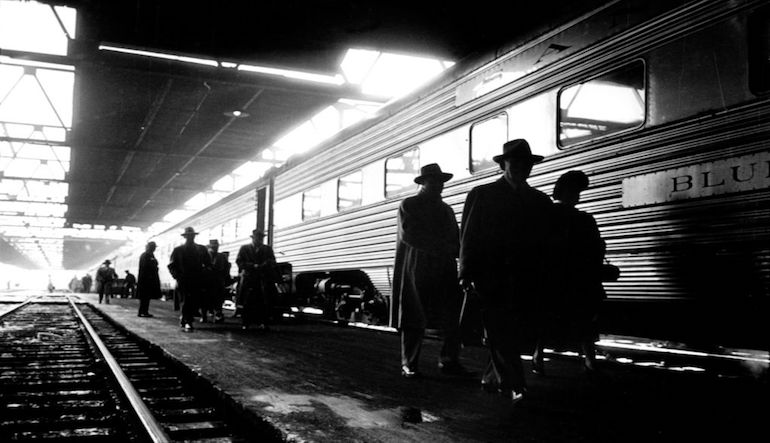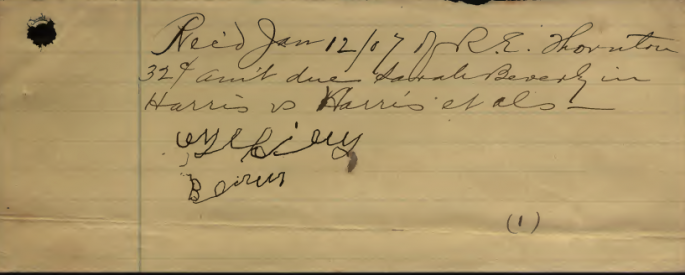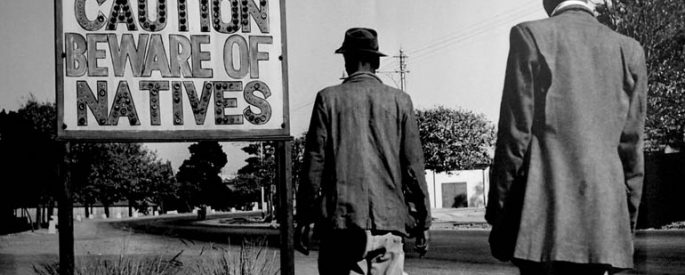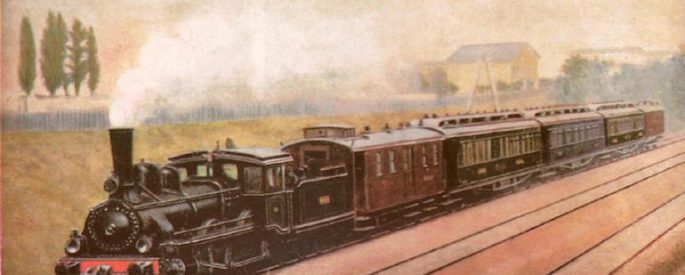Series Archive
Fiction Responding to Fiction: John Cheever and Raymond Carver

In 1983, Raymond Carver included “The Train” in his collection Cathedral; he dedicated the story to John Cheever. and from the first words of the story, where one of the characters from a Cheever story is named, we see that Carver’s story will be responding to Cheever’s classic tale.
NOTES ON THE STATE OF VIRGINIA: Journey to the Center of an American Document, Query XXIII

Though Jefferson says his catalogue is “far from being complete or correct,” this part of Notes presents an impressive compendium of historical, legal, and political language that details the character of the Commonwealth.
Throwback Thursday: Waiting for the Barbarians by J.M. Coetzee

What is extraordinary is when a story acts as an allegory in a vacuum and also attains the timeless quality of relevancy at any given moment. J.M. Coetzee’s Waiting for the Barbarians is one of those stories.
“I was a house / I was a witch” : Muriel Leung’s “A House Fell Down on All of Us.”

“I was a house. / I was a witch” declares the middle stanza of Muriel Leung’s “A House Fell Down on All of Us” from the newest issue of DRUNKEN BOAT. This poem, in my reading, functions to present intermingling transformations that perform whatever an opposite of distillation forecloses.
Big Picture, Small Picture: Context for Agatha Christie’s Murder on the Orient Express

British mystery writer Agatha Christie follows the news of the ordeal with interest, using the circumstance for her classic novel, Murder on the Orient Express, first published in the U.K. on January 1, 1934.
A Perfect Failure: Mary Gordon’s “City Life”

I always get a little nervous when a fictional character broadcasts loudly and forcefully what he wants. It’s the definitiveness that makes me uncomfortable, because that clarity of desire kicks off an unhealthy obsession; in the end, disappointment seems inevitable.
Fiction Responding to Fiction: Flannery O’Connor and Alice Munro

Munro has spoken about her debt to American writers from the South, including O’Connor, and we can clearly see how “Save the Reaper” is responding to O’Connor’s story by touching on similar themes and even moments, and yet spinning off from the original in true Munro fashion.
Writing Trauma: Notes of Transcendence, #6—Memoir’s Ladder to Recovery

Through his words, the writer calls for change. He transforms traumatic experience from a state of helpless victimhood into one of empowered transcendence.
NOTES ON THE STATE OF VIRGINIA: Journey to the Center of an American Document, Queries XIX-XXII

In these sections of Notes on the State of Virginia, Jefferson concludes his meditation on American liberty with a pecuniary focus that seems strange at first. These four queries are about money.
Throwback Thursday: White Noise by Don DeLillo

When Don DeLillo’s White Noise was first published in 1984, the United States was at the peak of the Cold War, suffering from a disease of discontent and anxiety similar to our post-election malaise.